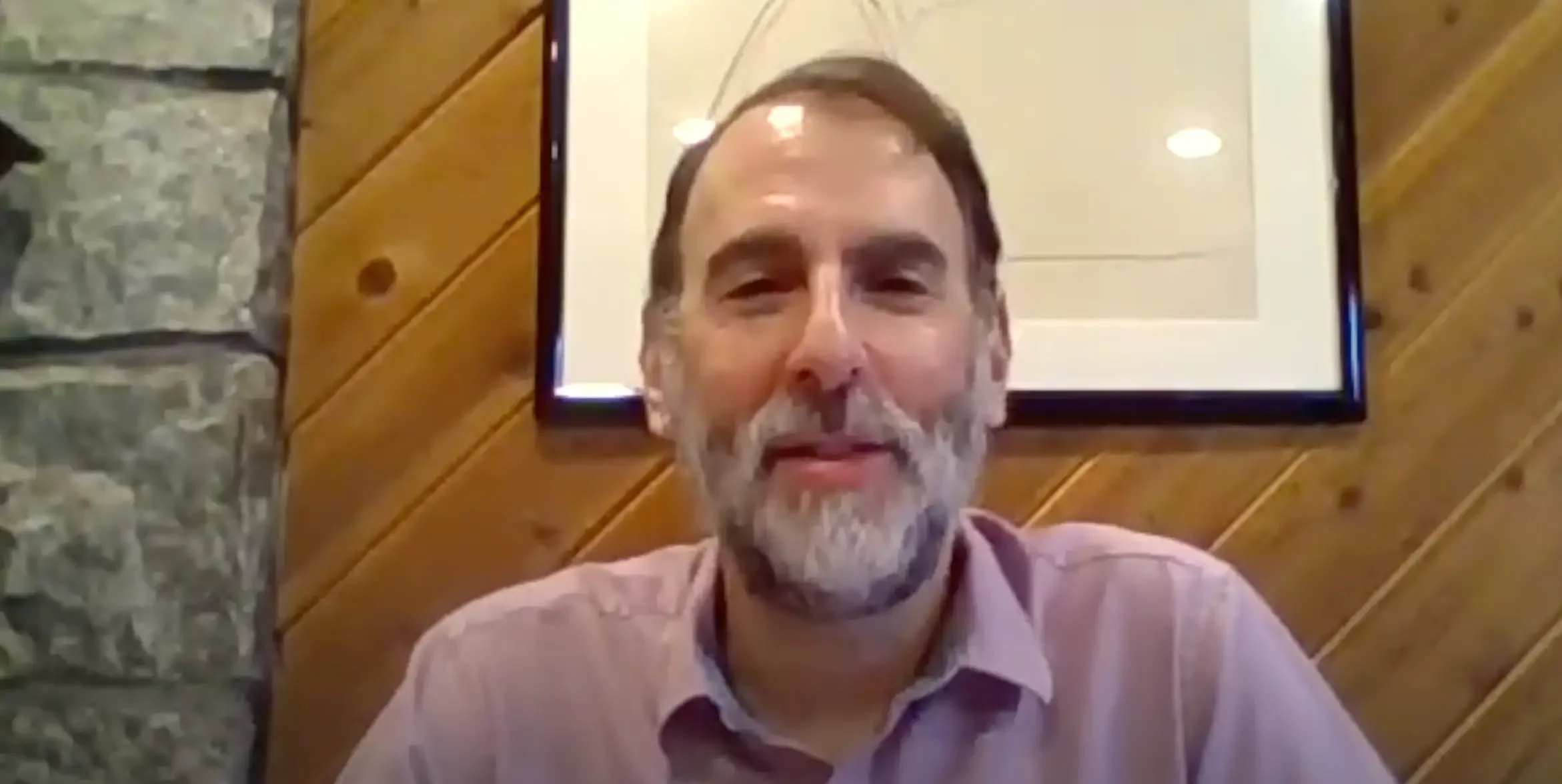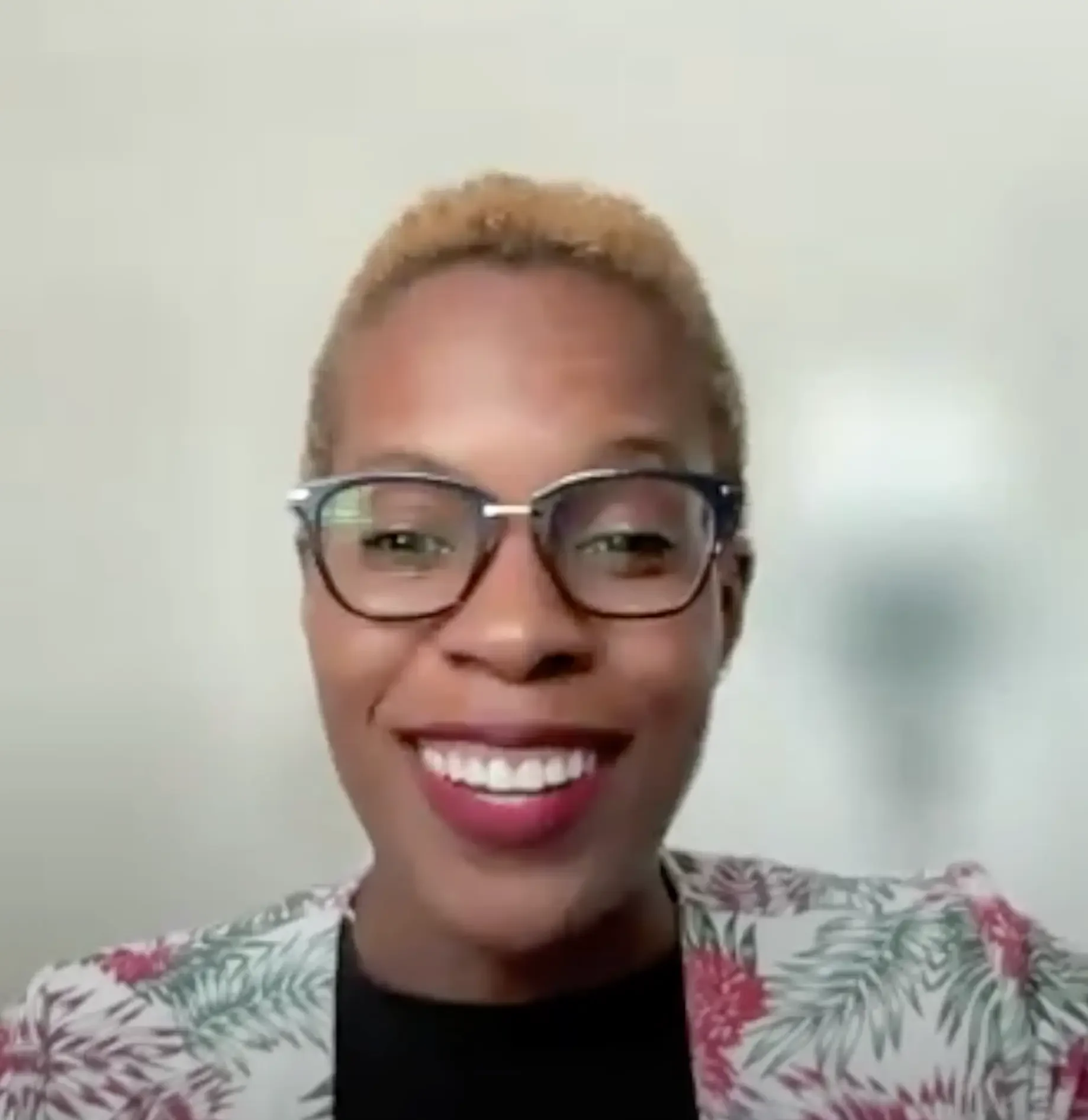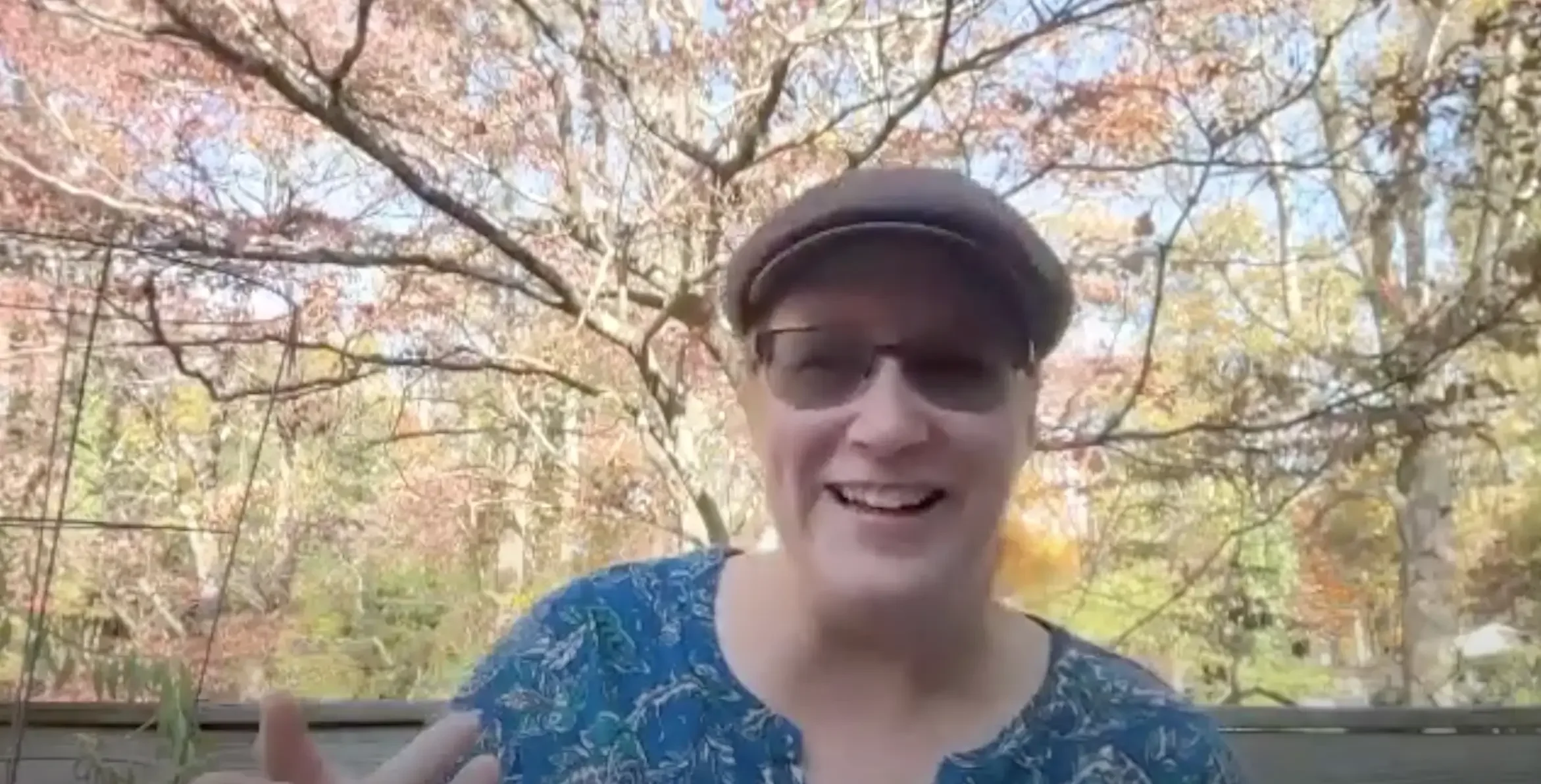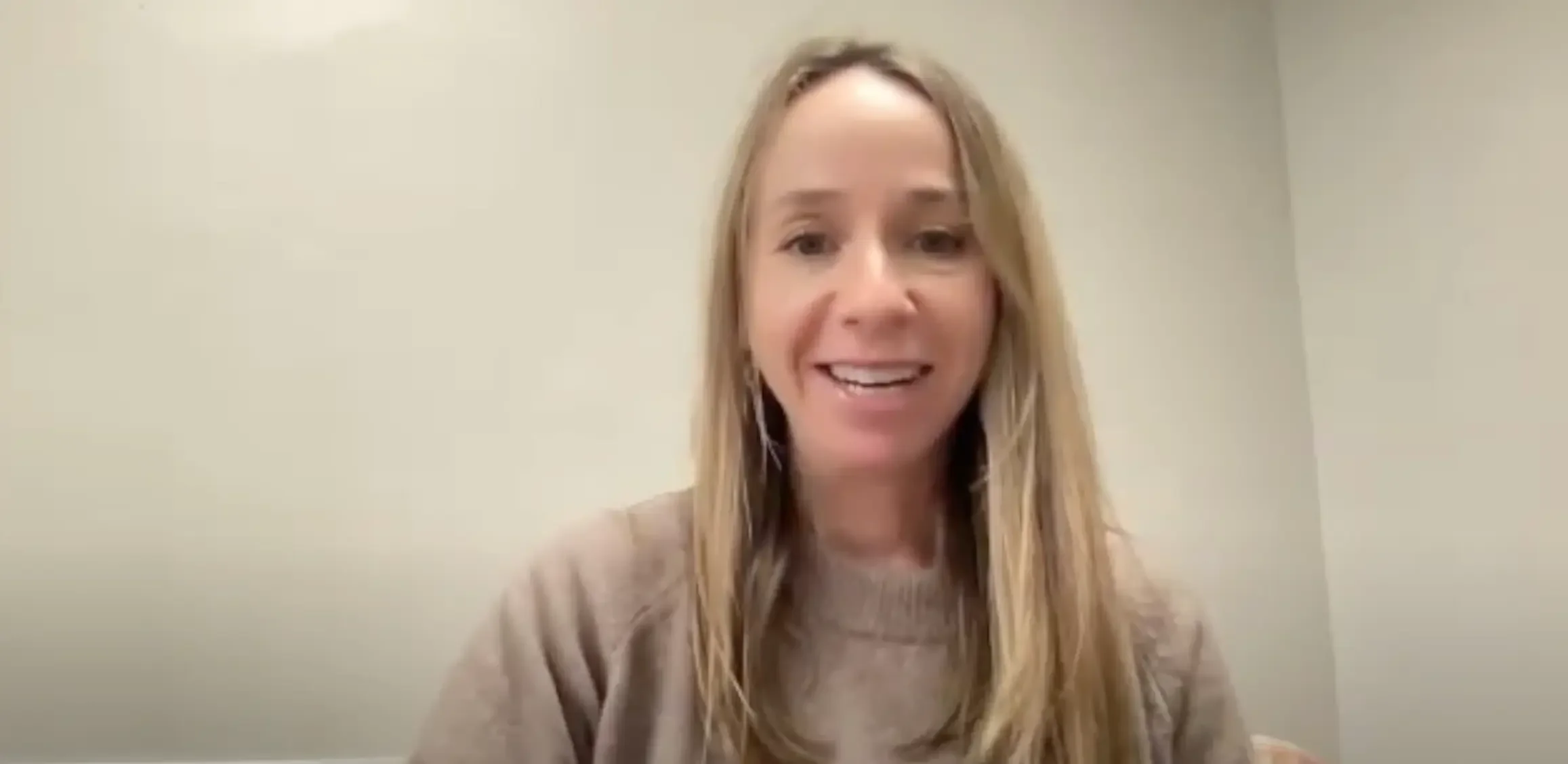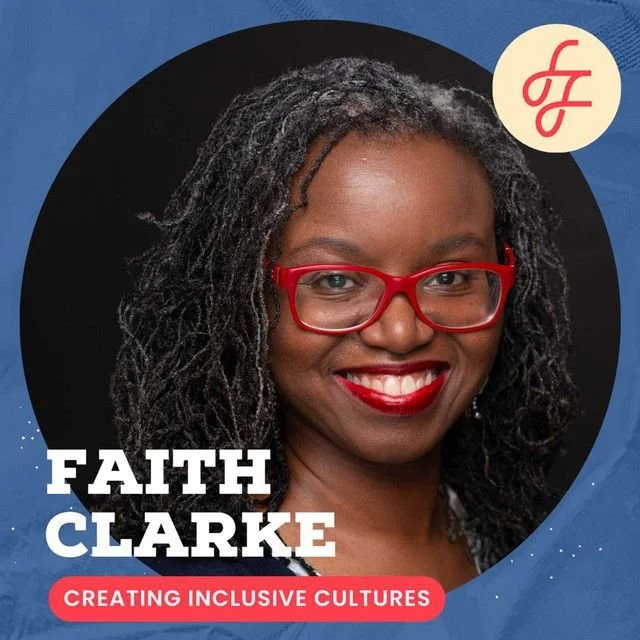
Helping executive leaders cultivate work environments that are good for their business and for the employees and clients who make business happen.

Creating capacity for
Innovation & Impact
Work Ecosystems for Humans (WEH) supports social impact-led small business owners and nonprofit leaders in cultivating people-first, restorative work cultures that honor their values, nourish their teams, and protect the planet.
Our team guides you through creating a strategic plan to take your teams from disorganization and stress to operational flow. It all starts with designing a team culture based on a deeper understanding of the humans on your team: not just their demographics, psychographics, and what their DISC profile says. You have to understand how to design a culture that optimizes the performance of every individual and how they work together as a collective.
Our
SERVICES
——•————•—————————•————•————•———•————•—————•————•——•——•———
RESET
for Leaders
This is the space for organizational and non-profit leaders to reconnect with their values and redesign their leadership for clarity and capacity while reclaiming their energy so they can lead in ways that feel both effective and sustainable.
ALIGN & PRACTICE
for Teams
Culture lives in the everyday work of teams: how people communicate, how conflicts are handled, how creativity, collaboration and inclusion are practiced. Here, teams turn shared values into daily team habits.
Culture in motion.
DESIGN & CULTIVATE
for Organizations
Here leadership teams design a more restorative work ecosystem for their organization. They create a culture that can sustainably hold everyone - not just the privileged few - by cultivating people first. Stories, Skills, Systems. Impact without harm.

Testimonials

Recent
appearances

WHO WE ARE
Meet Our Director
Faith Clarke
Organizational health and teamwork specialist, Faith Clarke, is committed to helping business leaders cultivate value-driven, diverse teams so that they can deliver on their business and social impact promises. Faith is particularly passionate about inclusion for BIPOC and neurodistinct individuals, grounded in her experience as a Caribbean immigrant and as a mother of neurodistinct humans.
Faith’s background in computer engineering, doctoral research in teamwork and numerous experiences with organizations who care about their social impact, helped her curate a high-touch, systematic approach to building strong teams. Her holistic strategy has helped her clients improve operations, maximize productivity and double their revenue.
“A restorative work culture protects and preserves worker well-being and thriving. It does not extract from workers. Workers do not have to ‘recover’ from working within a restorative culture.”
— FAITH CLARKE

CONTACT US
DON’T JUST LET CULTURE HAPPEN.
Let's design it.
With Work Ecosystems for Humans as your guide, you and your leadership team can create a simple strategy to cultivate a healthy, restorative culture for all the humans that interact with your organization.


